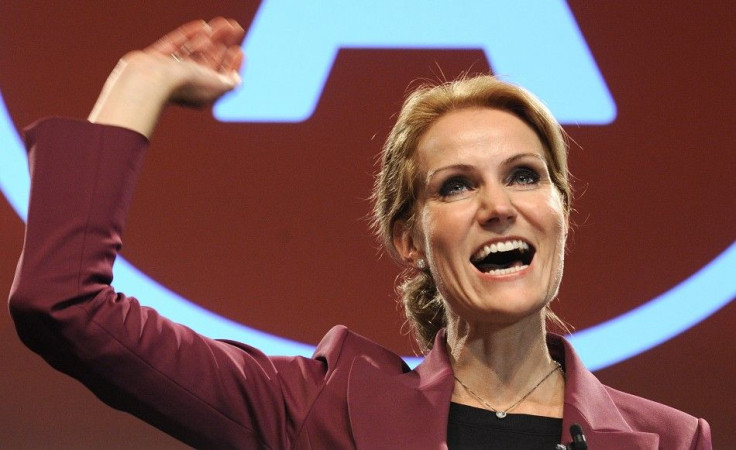Denmark Votes for Change, Gets its First Female Prime Minister

Helle Thorning-Schmidt is set to become Denmark's first woman prime minister after her leftist alliance defeated the coalition led by current Prime Minister Lars Lokke Rasmussen in Thursday's election.
The centre-left coalition won 89 seats in Parliament to the conservatives' 86.
Today is the day things change in Denmark. This evening we've shown that the Social Democrats are a big and driving force in Denmark. We've written history today, said Thorning-Schidmt addressing her victorious partisans.
This victory brings the Danish left back to power after 10 years in opposition, which could result in Denmark turning out to be less hostile to economic co-ordination within the European Union.
Austerity measures brought in by the Rasmussen government may be softened, along with immigration restrictions driven by the rightist Danish People's Party, which gave vital support to that government.
There is no parliamentary support for our government. Tomorrow, I will go to the queen at 11 o'clock and present the government's resignation. The Danes have spoken. It has been a close election, said Rasmussen, accepting the defeat.
Thorning-Schmidt's marriage to Stephen Kinnock, son of Neil Kinnock, the former leader of the British Labour Party, made headlines during the campaign, due to charges of his alleged avoidance of Danish tax and questions over the health of their relationship.
The slim majority could be a problem for her. The two biggest gainers of the elections were the far-left Red-Green Alliance and the centrist Social Liberals, who are both supporting Thorning-Schmidt but disagree on most other matters.
Thorning-Schmidt's own Social Democrats ended up the second-largest party after Rasmussen's Liberals.
Among the tasks she will have to face, the highest priority will be certainly the economy. Denmark has been spared much of the damage endured by other West European countries as it remains outside the euro zone. This meant it is not engaged in bailing out debt-laden countries like Greece, which has become a major concern to neighboring Germany.
© Copyright IBTimes 2024. All rights reserved.











